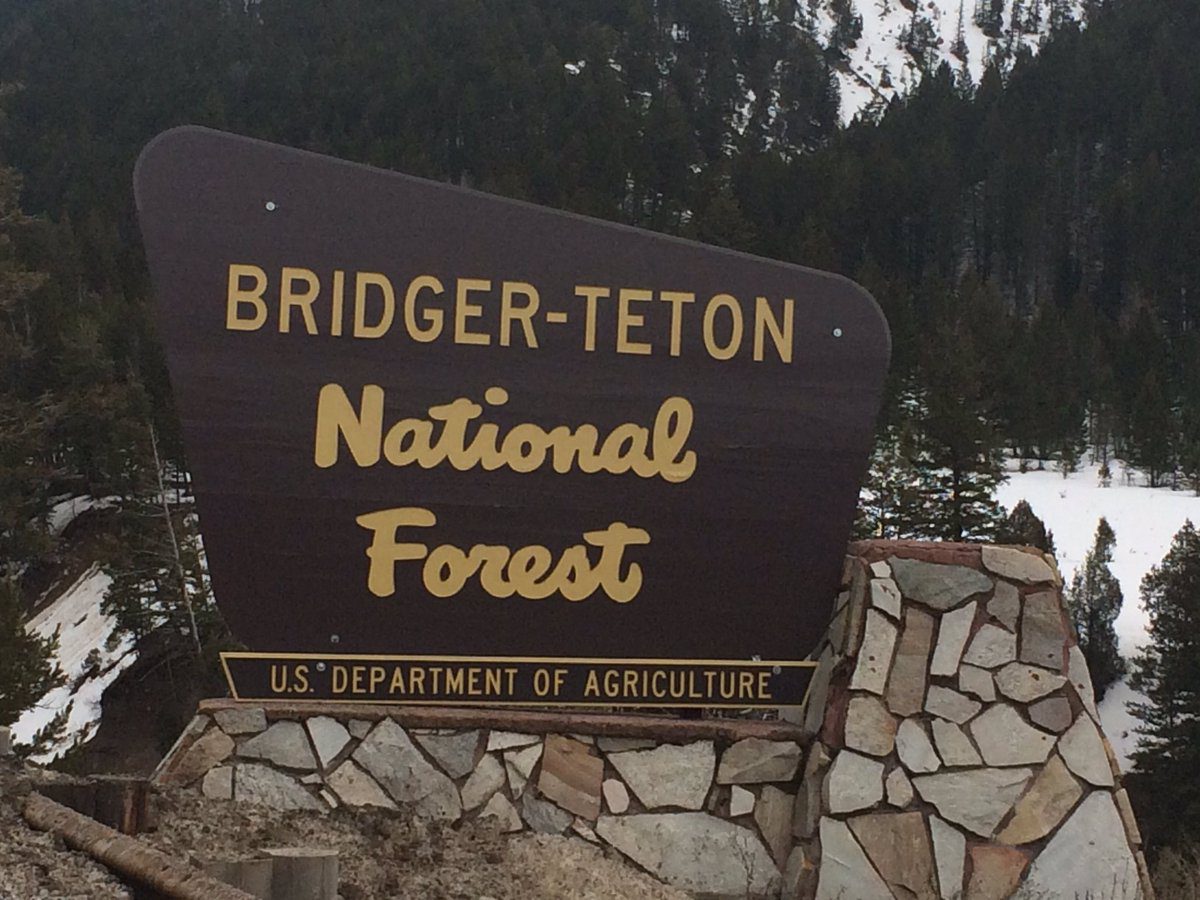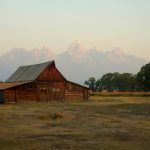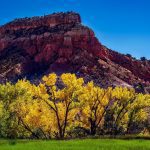- Some Wyoming irrigators cannot afford Forest Service permit fees for reservoirs on federal land.
- Fees were not collected for decades, leading to substantial potential back-payments.
- The “Ditch Bill” offered a grace period for fee waivers; irrigators missed this opportunity.
- Plans to enlarge a Wyoming reservoir triggered a federal review that exposed the fee issue.
March 19, 2024 — In Wyoming, a long-standing issue regarding irrigation reservoirs on federal land is causing financial strain for some irrigators . The requirement for special use permits under the Federal Land Policy and Management Act of 1976 (FLPMA) comes with fees that some irrigators say they cannot afford. Unfortunately, a missed opportunity in the past has made the situation even more challenging.
. The requirement for special use permits under the Federal Land Policy and Management Act of 1976 (FLPMA) comes with fees that some irrigators say they cannot afford. Unfortunately, a missed opportunity in the past has made the situation even more challenging.
One particular case involves the New Fork Lake Irrigation District in Wyoming. Years of non-collection of permit fees for their reservoir have resulted in the potential for over $800,000 in back-payments. This issue came to light due to a state proposal to enlarge the reservoir, triggering a federal review.
December 31, 1996, was the deadline for people or organizations with water rights on federal land to apply for special use permits (known as ditch bill easements) or pre-forest assertions under FLPMA. Basically, a water source on land reserved by the federal government that was transported to non-federal lands for agricultural uses could qualify for ditch bill easements or pre-forest assertions. In many cases, improvements were constructed by homesteaders or early irrigation companies before the forest was reserved by the federal government.
The New Fork Lake Irrigation District missed this window to apply for a ditch bill easement and now they face a substantial financial burden.
Wyoming lawmakers are advocating for relief, claiming these fees could cripple small water districts that can’t pass on the costs to users. The Forest Service acknowledges the issue and is working with national leadership to find solutions that could potentially reduce fees in cases in the public interest.






Leave a Reply